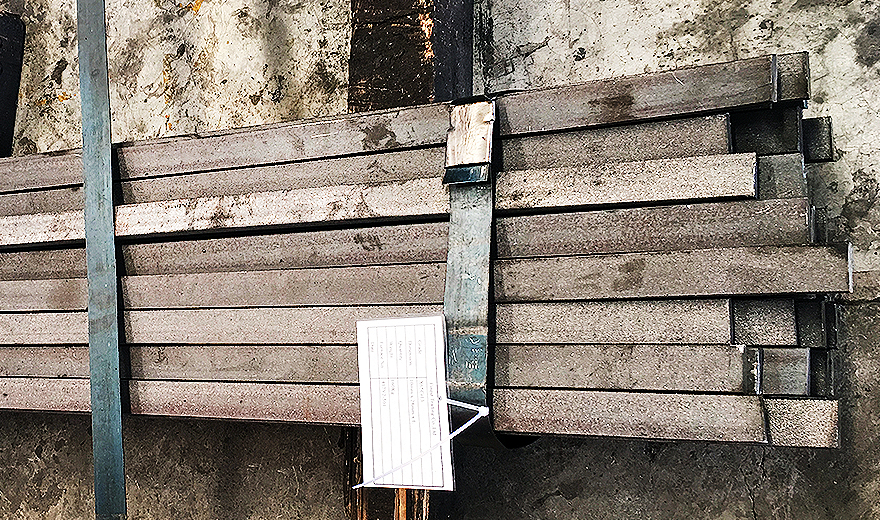1.3964, X2CrNiMnMoNNb21-16-5-3, S20910, XM-19

Chemical Composition
| Grade | Chemical composition WT % | ||||||||||
|---|---|---|---|---|---|---|---|---|---|---|---|
| C | Si | Mn | P | S | Cr | Ni | Mo | Nb | N | V | |
| 1.3964, X2CrNiMnMoNNb21-16-5-3 | 0.03 | 1.00 | 4.00-6.00 | 0.025 | 0.010 | 20.00-21.50 | 15.00-17.00 | 3.00-3.50 | 0.25 | 0.20-0.35 | |
| UNS S20910 | 0.06 | 1.00 | 4.00-6.00 | 0.040 | 0.030 | 20.50-23.50 | 11.50-13.50 | 1.50-3.00 | 0.10-0.30 | 0.20-0.40 | |
| SAE J 405 XM-19 | 0.06 | 0.75 | 4.00-6.00 | 0.040 | 0.030 | 20.50-23.50 | 11.50-13.50 | 1.50-3.00 | 0.10-0.30 | 0.20-0.40 | |
| A276 XM-19 | 0.06 | 1.00 | 4.00-6.00 | 0.045 | 0.030 | 20.50-23.50 | 11.50-13.50 | 1.50-3.00 | 0.10-0.30 | 0.20-0.40 | 0.10-0.30 |
Mechanical Properties
1.3964, X2CrNiMnMoNNb21-16-5-3 Mechanical properties
- Tensile strength Rm MPa: 700-950
- Yield Strength Rp MPa: Min 365
- A %: min. 35%
- Impact energy (J) 25 °C: min 85 J
1.3964, X2CrNiMnMoNNb21-16-5-3 Mechanical properties acc. to SEW 395
- Thk.100mm
- Tensile strength Rm MPa: 570-800
- Yield Strength Rp MPa: Min 315
- A %: Min 20
- Impact energy (J) 25 °C: min 65 J
Physical Properties
| Temperature(℃) | Elasticity(GPa) | MTEC | Thermal conductivity(W/m·℃) | Specific heat(J/kg·℃) | Electrical(Ωmm²/m) | Density(kg/dm³) | Poisson's,v |
|---|---|---|---|---|---|---|---|
| 400.0 | - | 17.80 | - | - | - | - | - |
| 300.0 | - | 17.50 | - | - | - | - | - |
| 200.0 | - | 17.00 | - | - | - | - | - |
| 100.0 | - | 15.70 | - | - | - | - | - |
| 25.0 | |||||||
| 20.0 | - | - | 14.00 | - | - | - | - |
| 20.0 | - | - | - | - | 0.80 | - | - |
| 20.0 | - | - | - | - | - | 7.90 | - |
| 20.0 | 195.00 | - | - | - | - | - | - |
Heat Treatment
Optimal physical and fabrication properties are realised after solution annealing in the temperature range 1020 °C – 1050 °C followed by rapid cooling in air or water. In the solution annealed condition
Thermal Properties
Welding Properties
As a result of the low carbon content of 1.3964, welding will not result in the formation of chromium carbides. Should a filler material be required, then the grades 1.3954 and 1.3984 can be used.Should heat treatment after welding be unavoidable, due to extensive cold deformation or due to high wall thickness, then the aforementioned heat treatment may be undertaken.
Machining Properties
As a result of its high alloying addition, 1.3964 is difficult to machine. The following machining parameters can be used as a guideline when machining 1.3964 using coated hard metal cutting tools
